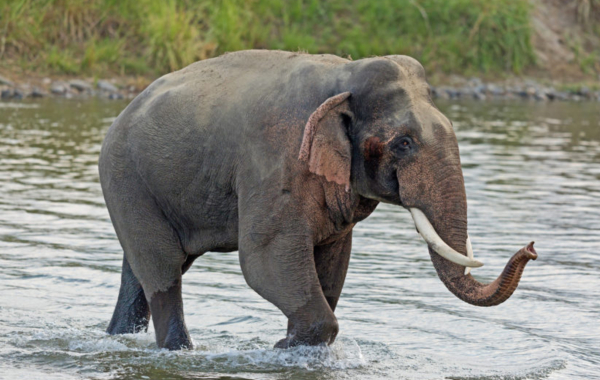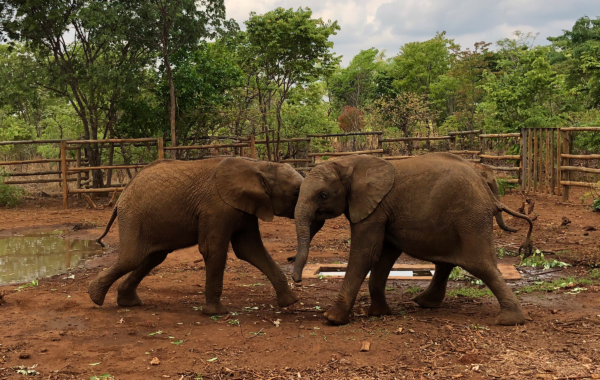Advance the understanding and conservation of Madagascar’s lemurs through scientific research, captive propagation, and protection of their natural habitats.

Supporting since 2004
Location
Madagascar
Support started
2004 – 2014 and 2017 onwards
Species
Lemur species
Mission
To advance the understanding and conservation of Madagascar’s lemurs through scientific research, captive propagation, and protection of their natural habitats.
Donations:
Donations pay for an association membership to work with the local community of the Sahamalaza peninsula in Madagascar to promote lemur conservation.
2024 – 2025:
£1,747.34 donated this year.
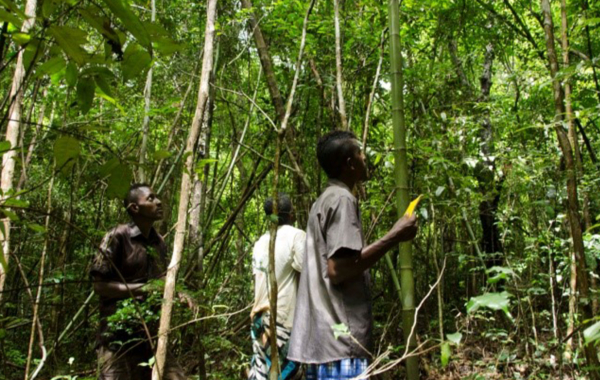
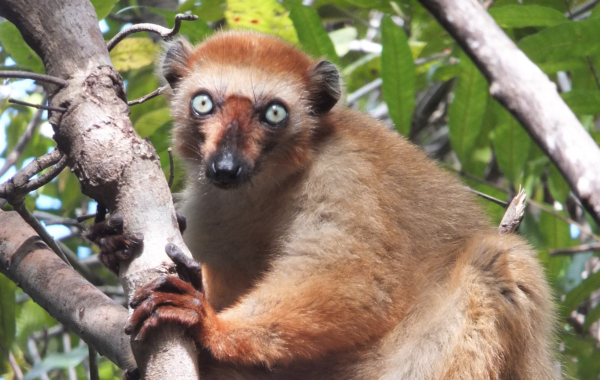
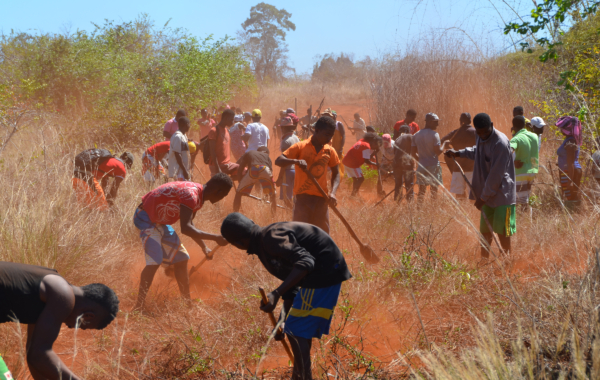
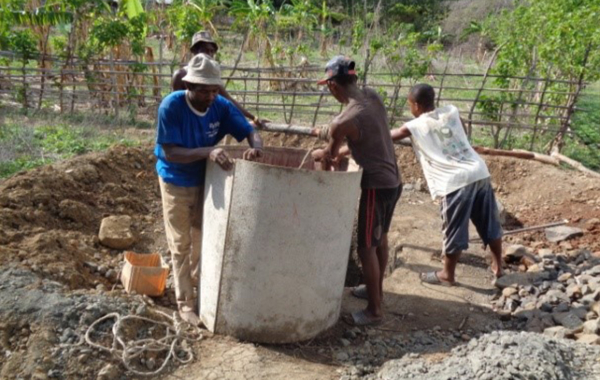
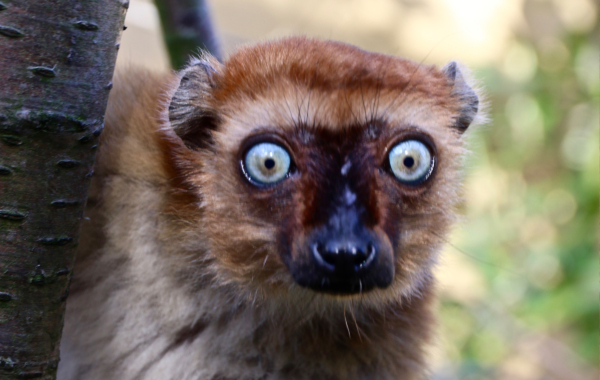
Background
The Association Européenne pour l’Étude et la Conservation des Lémuriens (A.E.E.C.L) is a charitable NGO run by a consortium of European Zoos, working for Madagascar’s highly endangered lemurs, through cooperation with the Malagasy people.
The Sahamalaza region has been the A.E.E.C.L’s focus of scientific and conservation interest since 1988. The critically endangered blue-eyed black, or Sclater’s, lemur is endemic to this part of Madagascar, and has been selected by the A.E.E.C.L as the flagship species for all conservation efforts concerning the region.
The A.E.E.C.L aims to protect the habitat and ecosystems within the Sahamalaza peninsula, monitor and increase lemur populations and be a strong conservation ambassador for the area. A vital part of the work of the A.E.E.C.L is to monitor the lemur numbers and research the local ecosystems to have a better understanding of the pressures faced by these habitats.
Achievements and Objectives
The A.E.E.C.L believes that supporting the local communities is vital to ensuring the future for the wildlife and forests of the Sahamalaza peninsula and a good proportion of staff time and funds are utilised to improve the education system of the communities local to their work.
To build greater bonds with the local villages, the A.E.E.C.L looks to support people in their everyday lives. This has involved projects such as building new wells for fresh water, road repair, fire break creation, increasing employment opportunities, supporting tree nurseries and reforestation efforts and improving agricultural techniques. A.E.E.C.L subsidises 78 teacher wages, to ensure they are earning a salary whilst teaching the children good skills, including nature-based studies, provides full scholarships for 5 students and funds and supports the work of several masters degree students to carry out studies such as examining faecal matter from blue-eyed black lemurs for parasites. Ongoing training is also provided for local rangers and guides focusing on lemur surveying and the use of GPS equipment. This training is vital to ensure the rangers are accurately looking at the state of the forests and the lemur populations that inhabit them, so they can continue to monitor the lemur populations and any threats to the forest ecosystem.


